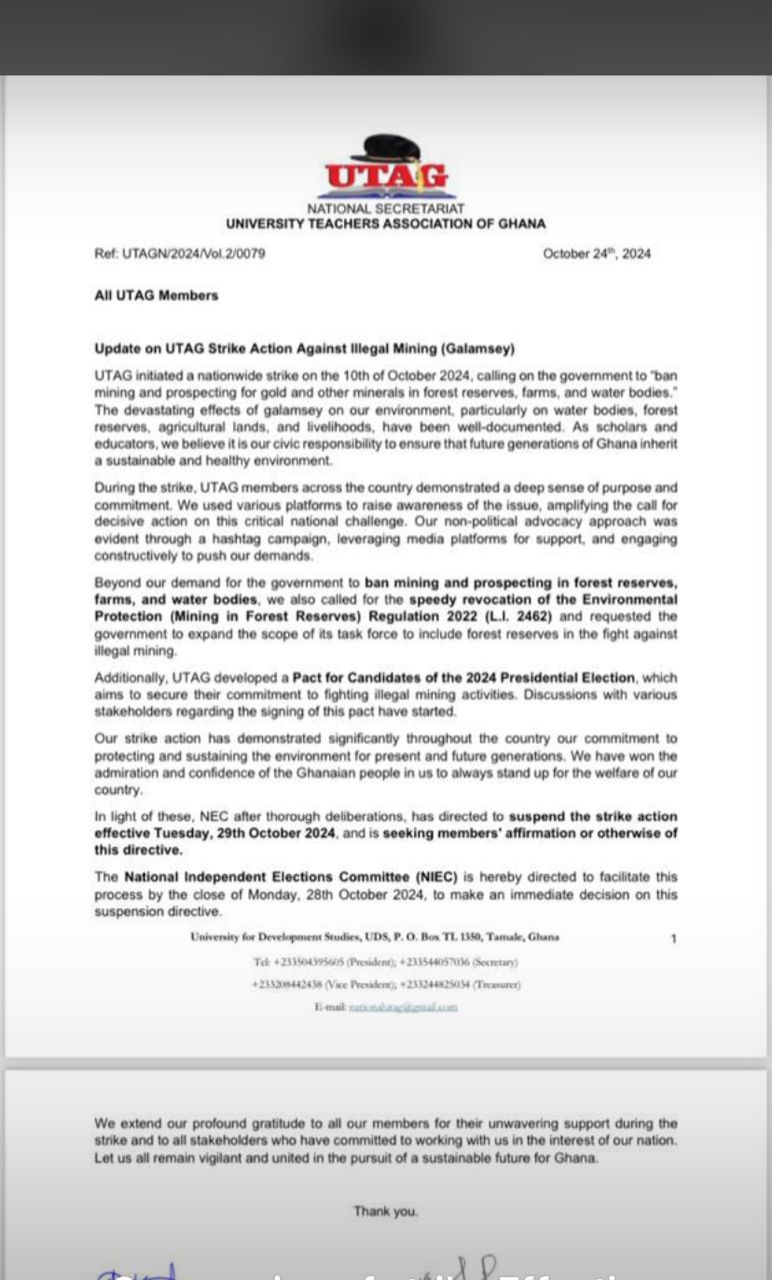
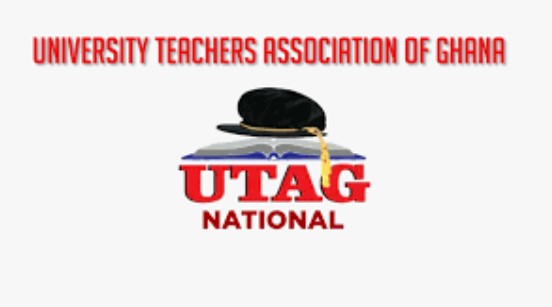
The National Executive Committee (NEC) of the University Teachers Association of Ghana (UTAG) has directed its members to call off their strike action by Tuesday, 29 October 2024.
This directive follows several weeks of strike action, which has significantly impacted academic operations at public institutions across the country.
UTAG embarked on the strike on 10 October 2024, in protest to pressure the government to take immediate action against illicit mining, commonly known as galamsey. The association argued that the environmental damage caused by illegal mining, particularly the destruction of water bodies, poses a serious threat to national sustainability. In light of ongoing negotiations and discussions, the NEC resolved that UTAG members should resume teaching, expressing confidence that their concerns would be addressed by the government.

Galamsey, or unlawful small-scale mining, has become a major issue in Ghana, affecting the environment, public health, and local communities. The environmental impact is severe, with illegal miners causing deforestation and using harmful chemicals such as mercury and cyanide, which contaminate water bodies and soil, posing a threat to human health.
In addition to the UTAG strike, the fight against illegal mining (galamsey) sparked various protests, including the #StopGalamsey demonstration, where several protesters were arrested and later granted bail. The Catholic Church also joined the movement by organising its own protest, calling for an end to the environmental destruction caused by galamsey. These actions reflect the growing public outcry and the broader societal efforts to pressure the government into taking more decisive action against illegal mining.
Several unions also expressed solidarity with the StopGalamsey protest, including the Trades Union Congress (TUC), the Ghana National Association of Teachers (GNAT), and the Ghana Medical Association (GMA). These unions raised concerns about the environmental destruction caused by illegal mining and its impact on public health, education, and future generations.
In response, the government launched Operation Halt to combat illegal mining, deploying military personnel to dismantle operations and seize equipment. While this initiative has seen some success, its effectiveness has been questioned, with critics arguing that it fails to address the underlying socioeconomic factors driving people to engage in galamsey.
Read Full Story
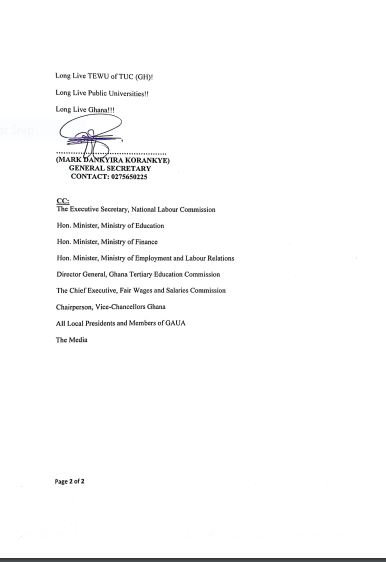

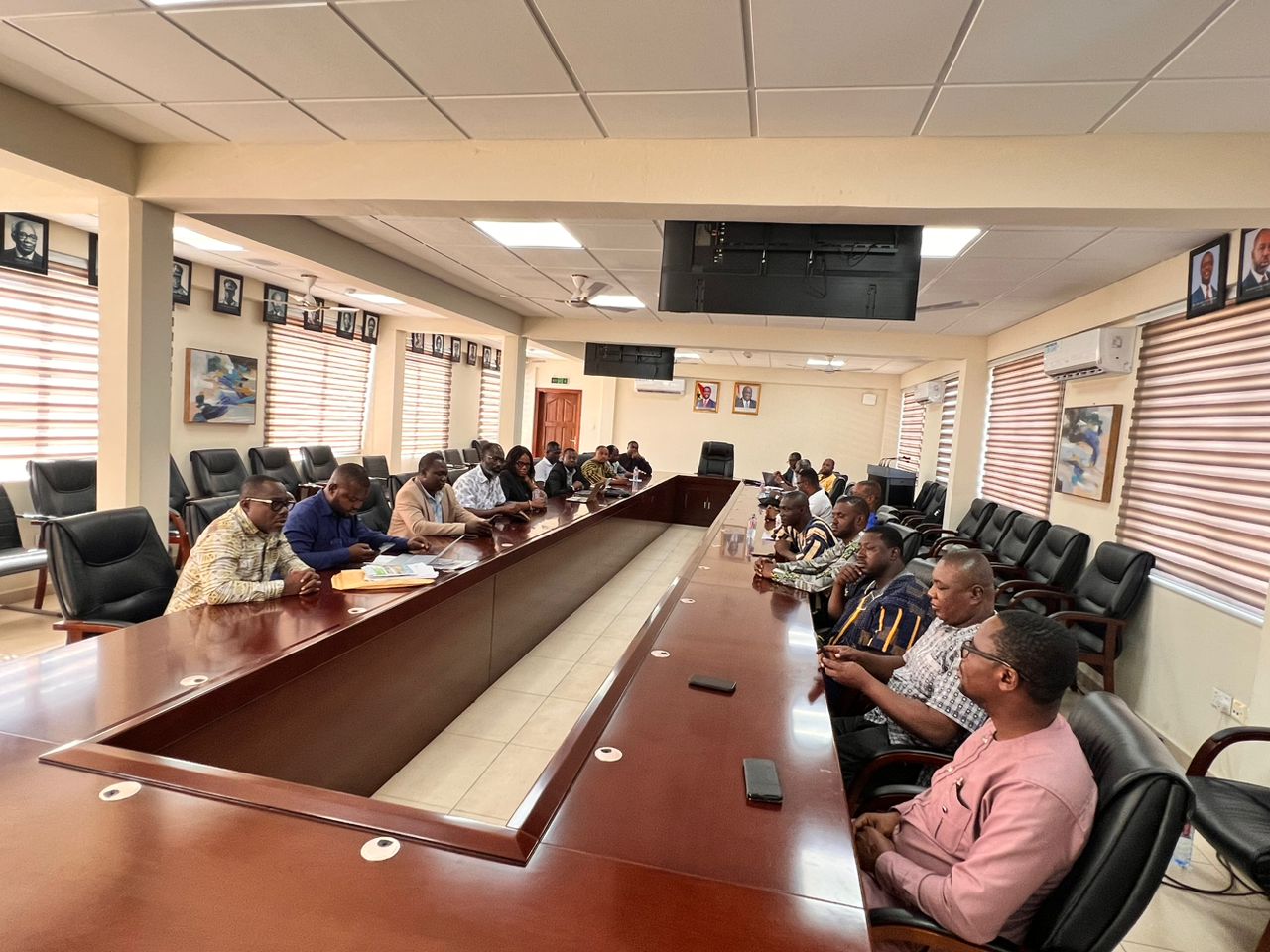

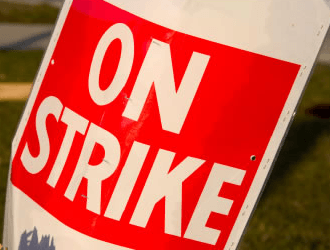












Facebook
Twitter
Pinterest
Instagram
Google+
YouTube
LinkedIn
RSS